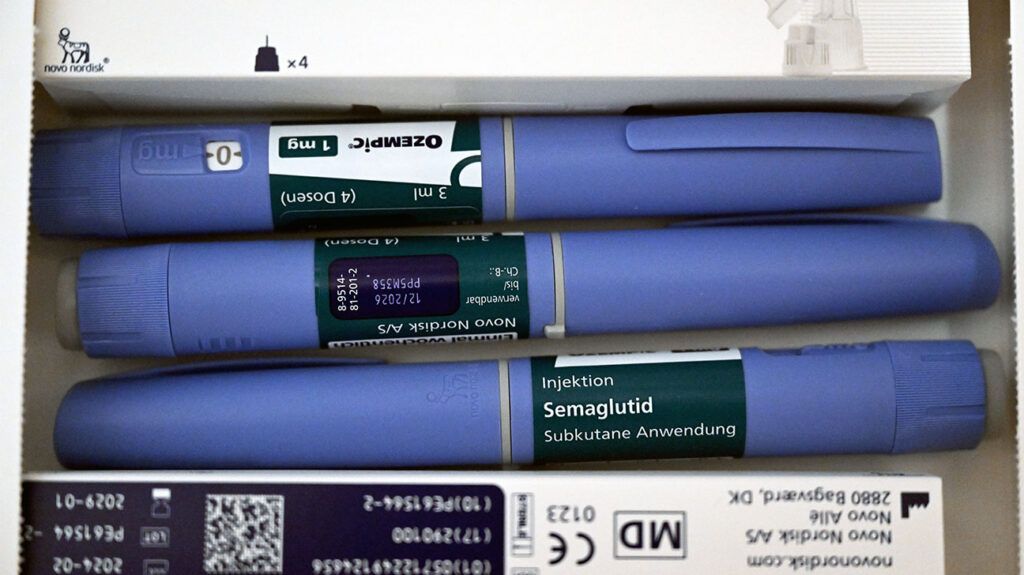Enhancing Dementia Detection through Artificial Intelligence

Innovative use of artificial intelligence, including natural language processing, is transforming dementia detection in hospitals, enabling earlier and more accurate diagnosis through analysis of electronic health records.
Researchers at the National Center for Healthy Aging (NCHA), a collaborative effort between Monash University and Peninsula Health, have pioneered a new approach to improve dementia diagnosis in hospital settings by integrating traditional assessment methods with cutting-edge artificial intelligence (AI) techniques. With approximately 50 million individuals worldwide living with dementia—a figure projected to triple by 2050—accurate and early detection is crucial for effective management and planning of healthcare services.
In Australia, current methods for estimating the prevalence of dementia often underestimate the actual numbers due to limitations in routine health data and challenges in medical coding. Hospitalizations and regular healthcare encounters offer vital opportunities to identify undiagnosed cases. Traditionally, dementia diagnoses in hospitals rely on information documented in medical records processed by medical coders, who may find it challenging to navigate extensive written data.
To address this, a study involving over 1,000 Australians aged 60 and above employed AI algorithms that analyze electronic health records (EHRs). These algorithms utilize both conventional structured data and unstructured free-text notes through natural language processing (NLP), a form of AI that interprets human language. The research demonstrated that combining these data sources significantly enhances the accuracy of identifying individuals with dementia.
Supported by national health agencies, this innovative approach has the potential to revolutionize how dementia cases are counted and managed across healthcare systems. The use of NLP to interpret clinical notes—such as descriptions of confusion, forgetfulness, or behavioral concerns—allows for early detection of individuals at high risk who might otherwise be missed. The algorithms were developed using high-quality data curated from the Healthy Aging Data Platform, incorporating demographics, socioeconomic factors, medication records, hospital encounters, and clinical notes.
The lead author, Dr. Taya Collyer, explained that the algorithms work by analyzing both structured data and unstructured text, with input from clinical experts to ensure relevance. Dr. Velandai Srikanth emphasized the transformative potential of this method, noting that earlier and more accurate identification means better care and support for affected individuals. He highlighted that many patients presenting with dementia symptoms are often overlooked using traditional detection methods.
This technological advancement offers a promising digital strategy for capturing subtle clues in written medical records and could lead to earlier interventions. Responsible integration of AI into scientific research and clinical practice stands to significantly affect the landscape of dementia care, ensuring that more individuals receive timely and appropriate support.
Stay Updated with Mia's Feed
Get the latest health & wellness insights delivered straight to your inbox.
Related Articles
Innovative Diagnostic Pen Uses Handwriting to Detect Parkinson's Disease
A groundbreaking low-cost pen developed by UCLA researchers accurately detects Parkinson's disease by analyzing handwriting movements through electrical signals, promising early diagnosis and better disease management.
Potential Benefits of GLP-1 Drugs for Asthma Control in Obese Patients
New research suggests GLP-1 medications, used for diabetes and weight loss, may also improve asthma control in obese individuals. Learn about the promising findings and potential implications for respiratory health.
Increasing Global Temperatures May Worsen Severity of Obstructive Sleep Apnea
New research reveals that rising global temperatures may significantly increase the severity and societal burden of obstructive sleep apnea, highlighting the urgent need for climate action and healthcare strategies.



